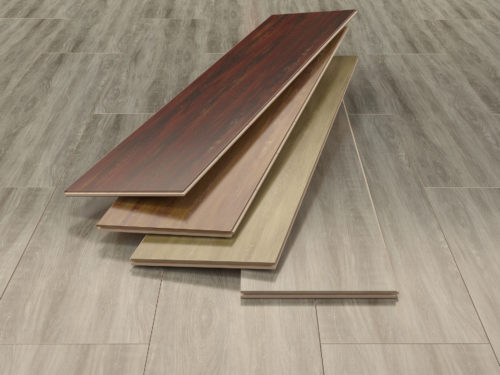
How much does it cost to install vinyl plank flooring?
The cost of vinyl plank flooring depends on several factors, including the size of the room, the type of vinyl you choose, and the installation method. Generally speaking, vinyl plank flooring ranges from $2 to $7 per square foot, but can be more expensive depending on the quality and style. If you plan on installing the flooring yourself, you will need to factor in the price of tools and supplies as well.
Vinyl plank flooring comes in both glue-down and floating styles. Glue-down vinyl requires adhesive to be applied directly to the subfloor before installation, while floating vinyl uses a tongue-and-groove system that locks together without adhesive. The type of installation you choose will also impact your overall costs; glue-down installations tend to be more expensive than floating installations as they require more materials and labor.
If you are considering hiring a professional installer, it’s important to get multiple quotes from different contractors so that you can compare prices and make sure that you are getting the best deal possible. Professional installation typically costs between $2-$6 per square foot (on top of the cost of materials). This may seem like a lot but it’s important to remember that professional installers have experience with all types of floors and know exactly what needs to be done in order to ensure a high-quality finish.
What tools do you need to install vinyl flooring?
If you decide to install the vinyl flooring yourself, there are a few items you’ll need to pick up. These include a utility knife or box cutter, measuring tape, chalk line, rubber mallet, hammer, pry bar or pull bar, carpenter’s square or level, and jigsaw or circular saw (if cutting is required). It is also helpful to have an extra pair of hands on deck for larger projects.
In addition to the necessary tools for installation, there are also certain materials that are needed in order to properly install vinyl flooring. This includes underlayment material such as foam padding or felt paper which helps reduce noise and provides extra cushioning; vinyl plank flooring; adhesive strips; caulk; transition pieces such as thresholds or T-molding pieces; glue; grout (if installing tiles); and sealant (if required). Depending on your project you may also need additional items such as trim pieces and baseboards.


